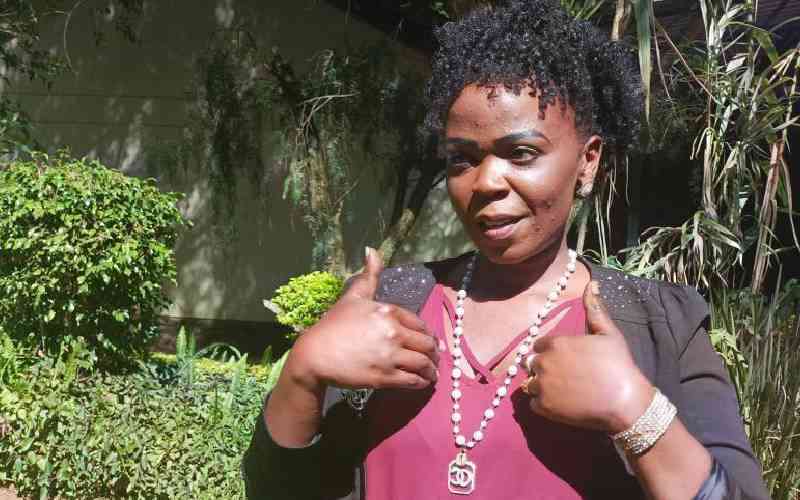×
The Standard e-Paper
Fearless, Trusted News

Violet Shunza, a colon cancer survivor and a caregiver during interview in Eldoret. [Faith Kutere, Standard]
Joseline Nekesa, a cancer awareness advocate in Uasin Gishu County has been taking care of her sick cousin since November last year.